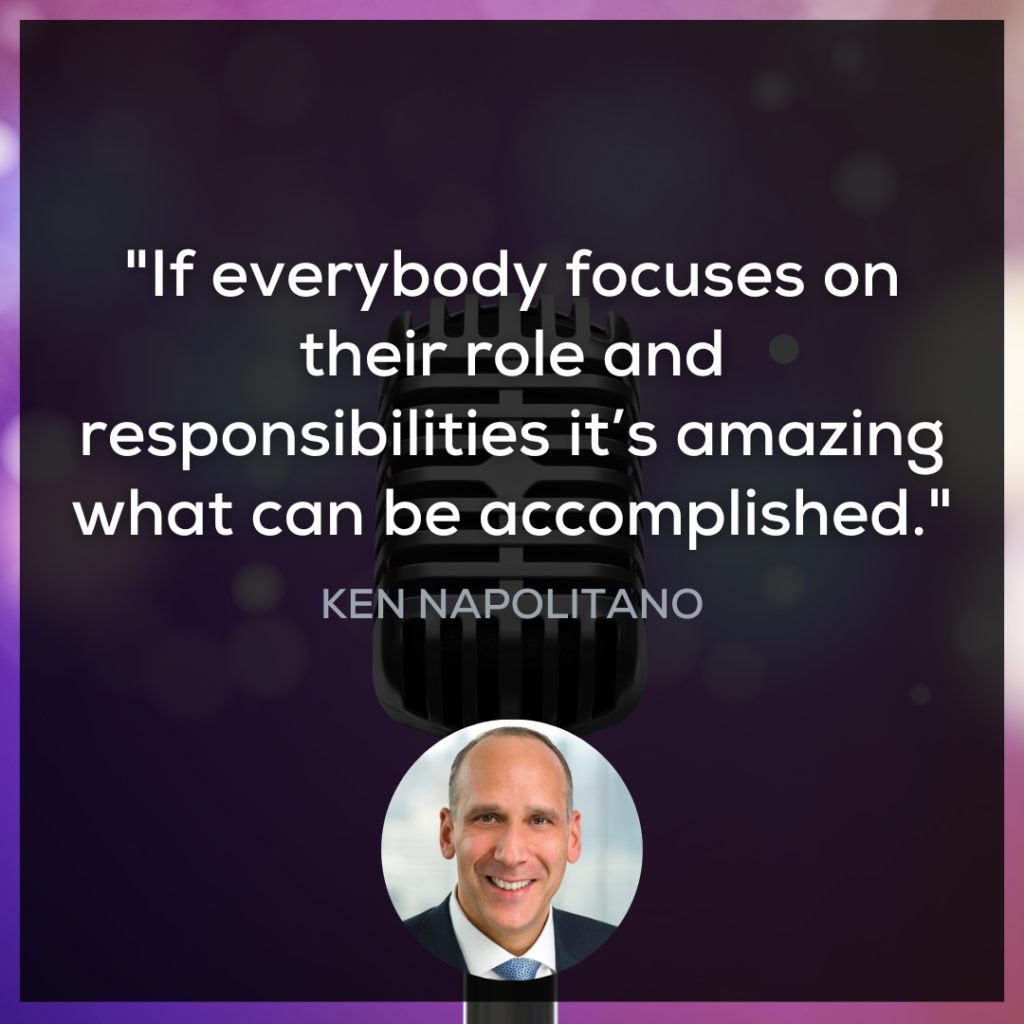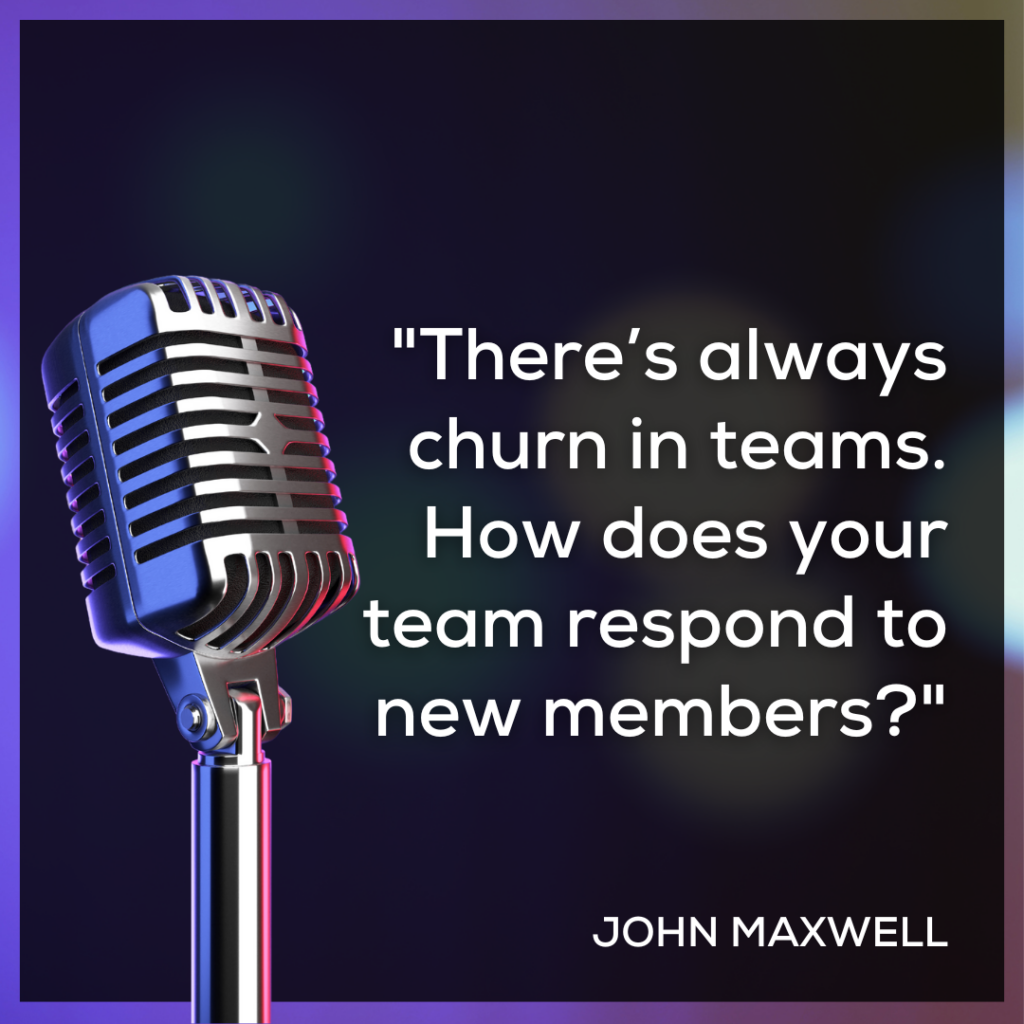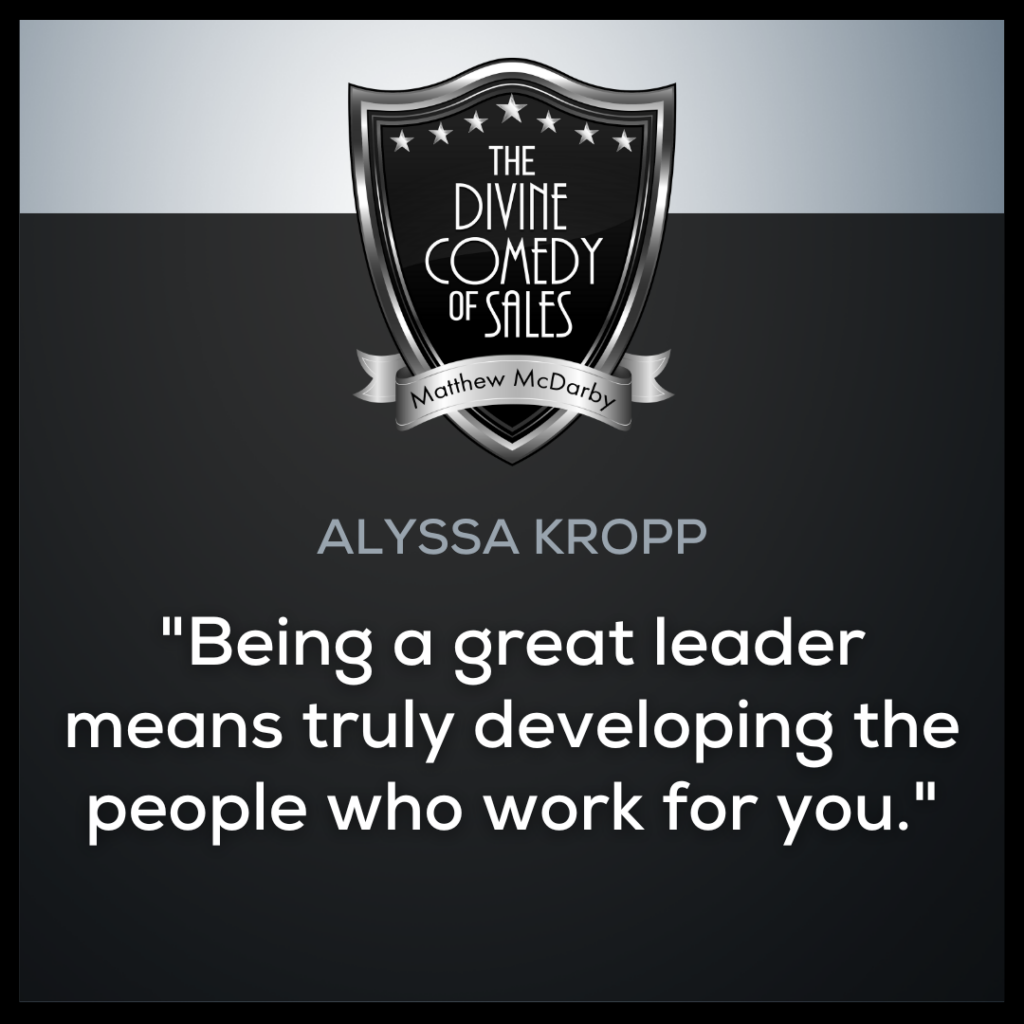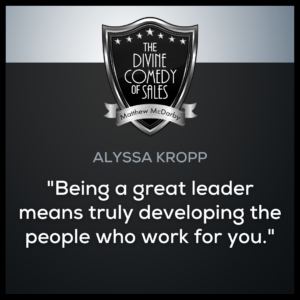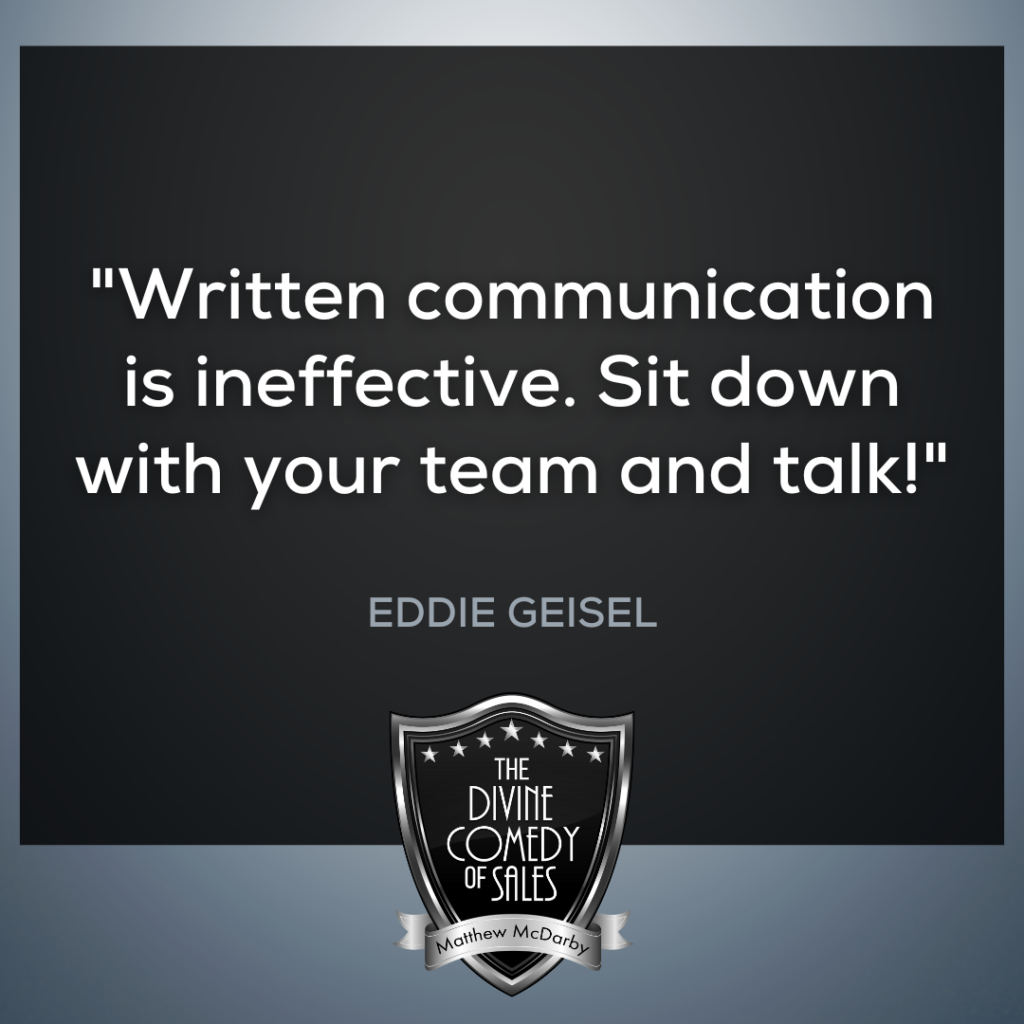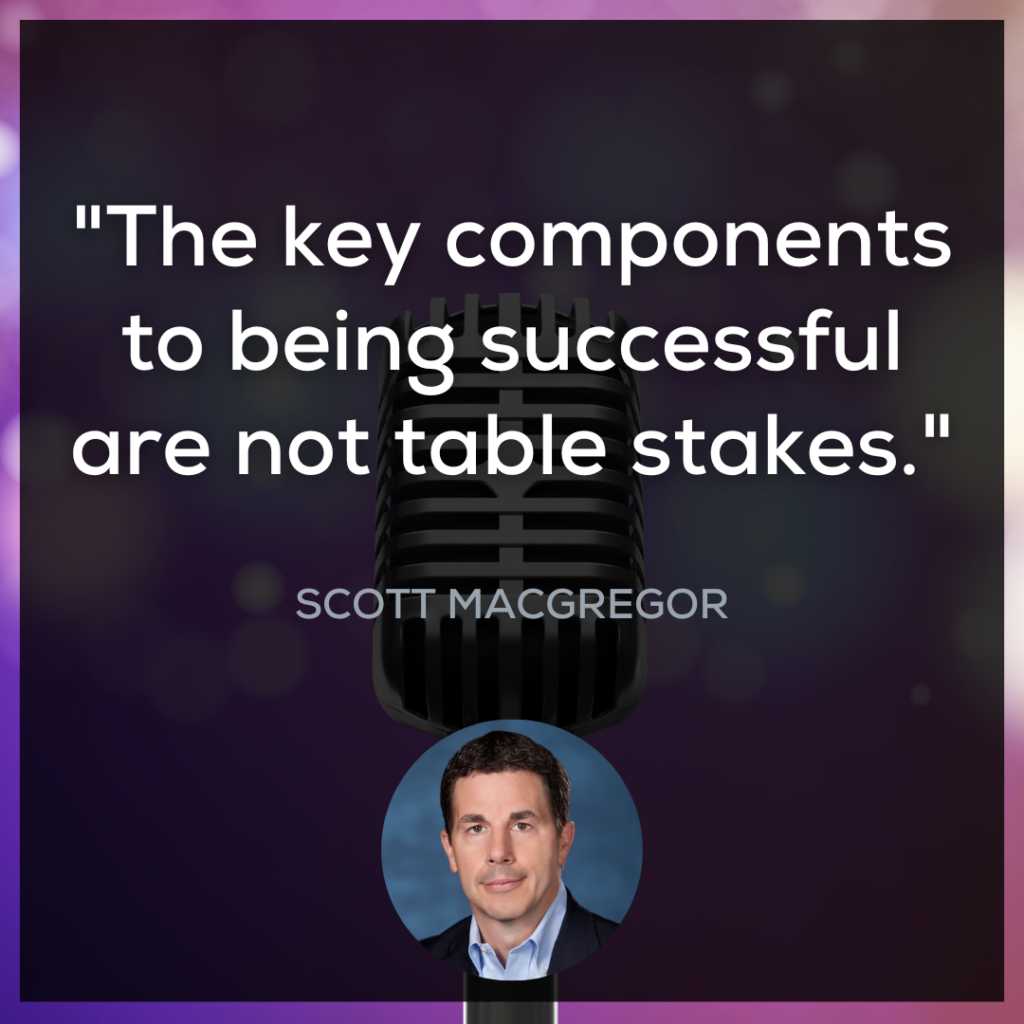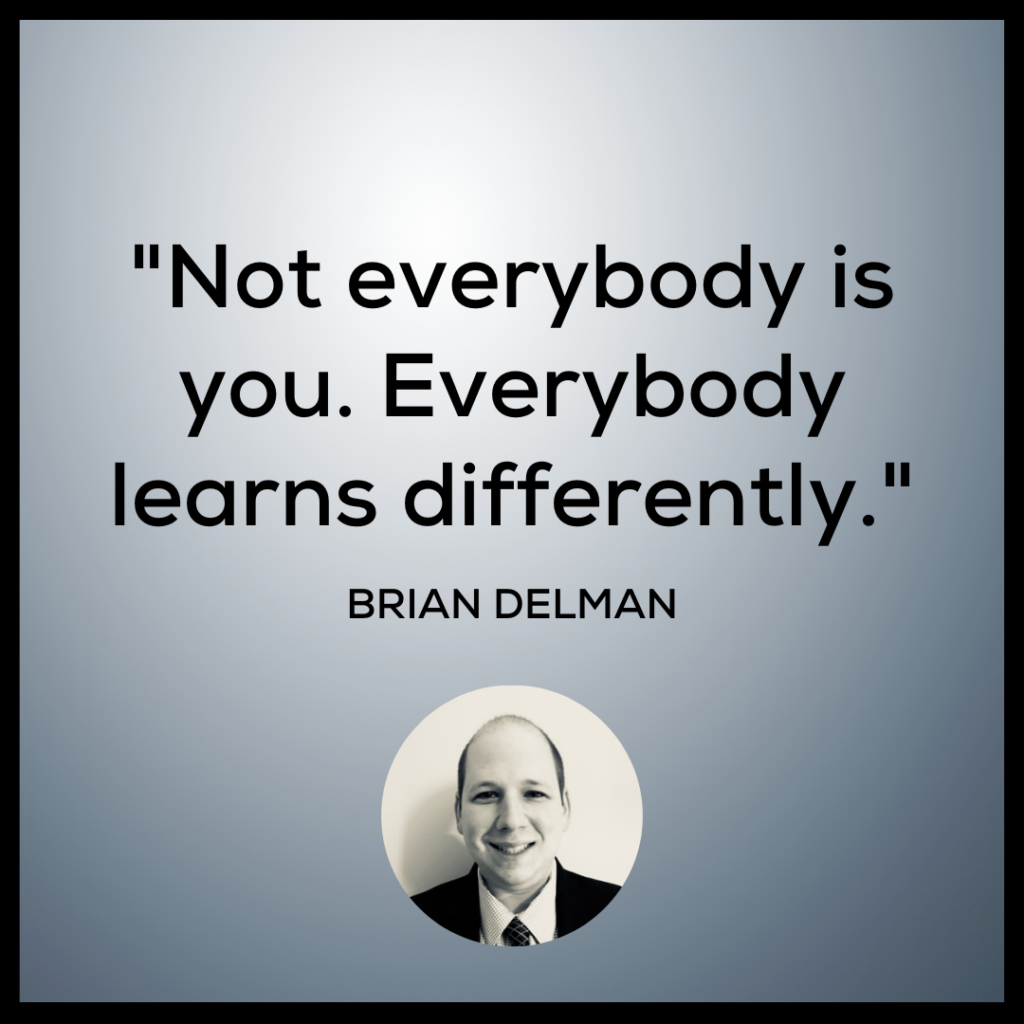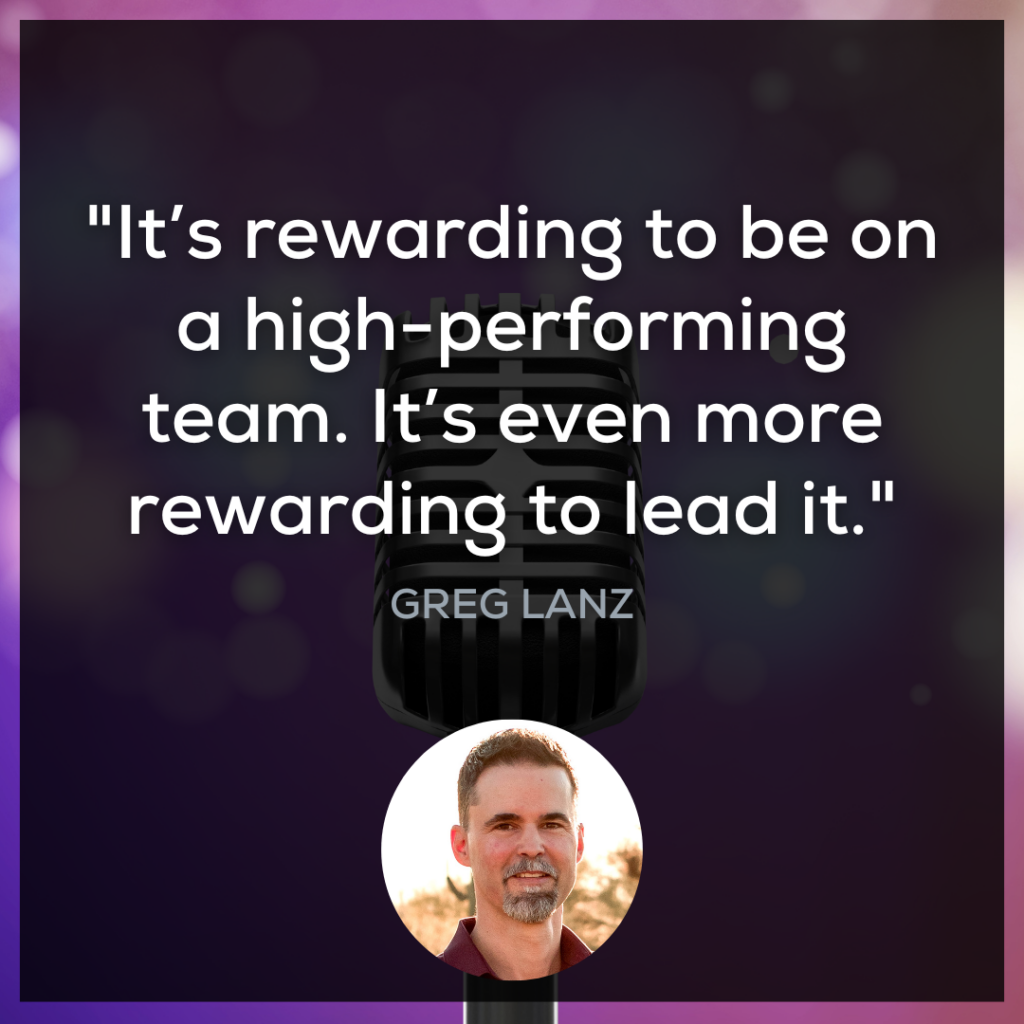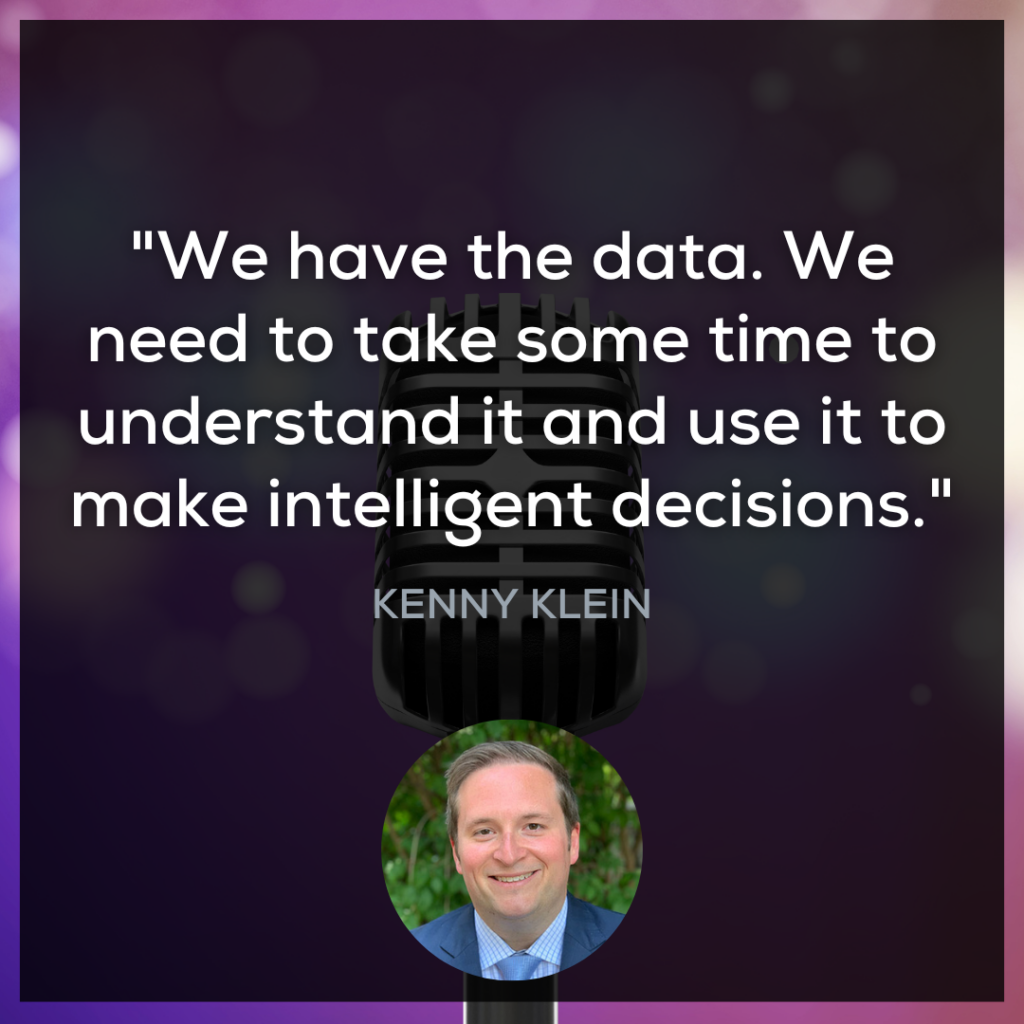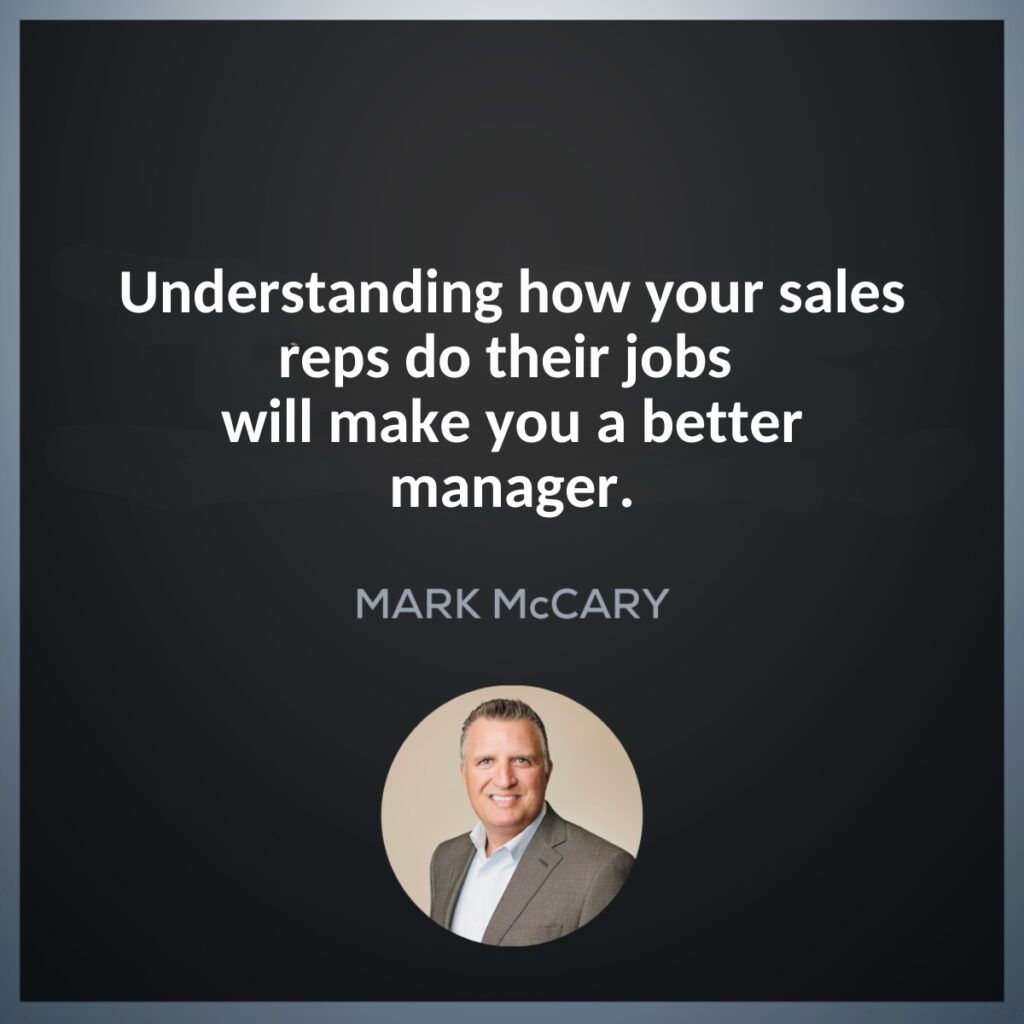Experience is a great teacher. But if you’re a sales leader, you don’t have time to learn everything based strictly on your own experiences. Even if you did, do you really want to go through all the failures, headaches, and discouragement that comes with learning the hard way?
Why not learn from the experience of other successful people?
Ken Napolitano is one of those people, and he’s with me to share insights he’s gained from more than 25 years in sales leadership roles with top-flight organizations including Bloomberg.
From perfecting the balance between pushing and pulling your team, to the role of trust in team building, and the “1 to 2 percent better” philosophy for keeping a growth mindset, this episode is packed with hard-won wisdom that can be yours just by listening.
Listen now!
Show highlights include:
- The Push/Pull dynamic you must master for your sales team to consistently hit their goals. ([3:00])
- How to “peel the onion” to get beyond data and see the driving force behind your sales numbers that spreadsheets can’t show you. ([7:16])
- Why trust is mandatory for successfully building your sales team (and how to build trust in all levels of your company so your hard work doesn’t get torpedoed somewhere else in the organization). ([9:07])
- The three “big rocks” sales leaders must put first in their work. If you aren’t focused on these, you’re wasting time, losing money, and setting yourself up to lose your job. ([15:51])
- The surprising way humility creates effective leaders. ([18:16])
- Why a midday cup of coffee could be the best investment you make in your leadership development. ([20:38])
- Bill Belichick’s “three-word motivational speech,” to inspire peak performance from your sales organization. ([22:23])
- Why a short sentence you write about yourself can fuel a long career in leadership. ([24:30])
Book a call with Matt using this link:https://calendly.com/mattmcdarby/30min
To know more about United Sales Resources, head on over to our website http://www.usr-llc.com and follow us on Facebook: https://www.facebook.com/UnitedSalesResources
Follow Matt on social media:


